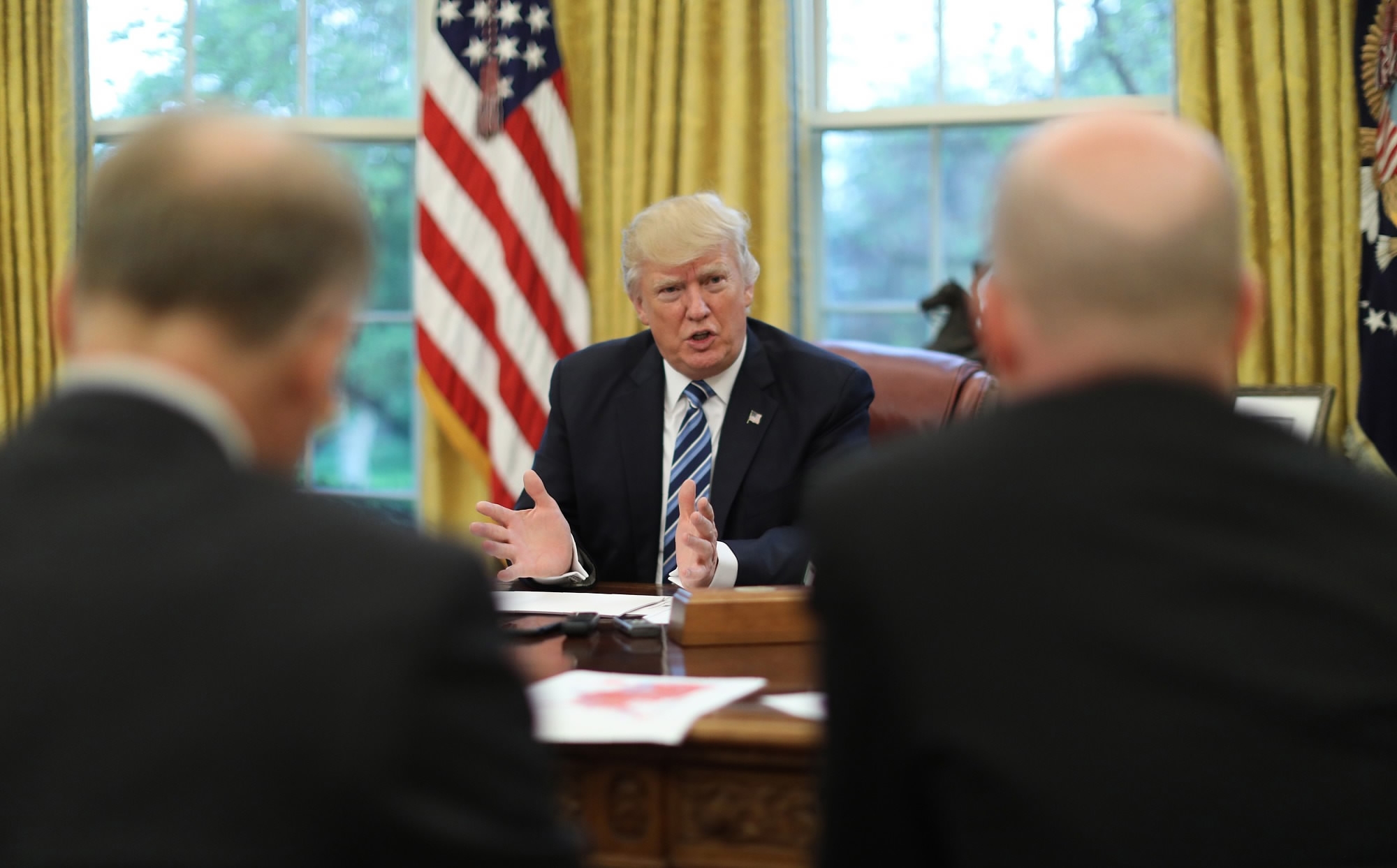A ballistic missile test carried out by the DPRK was detected on Saturday morning. The missile exploded shortly after liftoff, Yonhap reported citing South Korea’s military. The type of missile remains unknown.
"North Korea fired an unidentified missile from a site in the vicinity of Bukchang in Pyeongannam-do (South Pyeongan Province) in the northeastern direction at around 5:30 a.m. today," the Joint Chiefs of Staff said in a statement. "It is estimated to have failed."
The US also confirmed the test, saying the missile did not leave the DPRK’s territory, CNN reported citing US Navy commander Dave Benham.
This is the second missile test this month. On April 16, the DPRK launched a missile test from its east coast which failed immediately.
The test came as US Secretary of State Rex Tillerson warned the United Nations Security Council that failure to curb the DPRK's nuclear and ballistic missile programs could lead to "catastrophic consequences."
About the missile
South Korea's military has not released specific information about the missile, saying it is assessing additional information.
US officials, speaking on condition of anonymity, told Reuters the projectile was probably a medium-range missile known as a KN-17.

Missiles are driven past DPRK leader Kim Jong Un and other high ranking officials during a military parade in Pyongyang on April 15, 2017. /VCG Photo
It is widely speculated that the missile was first displayed at the DPRK’s annual military parade in Pyongyang on April 15.
White House aware, more sanctions expected
The White House said on Friday that President Donald Trump has been briefed on the latest missile test carried out by the DPRK, according to a statement by spokesman Sean Spicer.
The administration could speed up new economic sanctions on the DPRK in response to the test, and additional naval drills and aircraft or ship deployment could also be conducted as a show of force, Reuters reported citing a US official.
"It's possible that something could be sped up. Something that's ready to go could be taken from the larger package and expedited," the official was quoted as saying.

US President Donald Trump is interviewed by Reuters at the White House in Washington on Thursday. /VCG Photo
On Thursday, Trump told Reuters his administration was preparing new economic sanctions to solve the crisis peacefully, while not taking the military option off the table. He also expressed concerns over the possibility of “a major, major conflict” with the DPRK.
Japan expresses opposition
Japanese Prime Minister Shinzo Abe on Saturday called the DPRK's test-fire of the ballistic missile "absolutely unacceptable" and a "grave threat to our country". Speaking in London, Abe called upon the international community to "show solidarity" in formulating a response.
Japan's Chief Cabinet Secretary Yoshihide Suga said at a press conference on Saturday that if the launch is confirmed, it clearly violates UN Security Council resolutions and Japan cannot tolerate the repeated provocations.
He also said Prime Minister Shinzo Abe had instructed officials to collect information, confirm the safety of aircraft and ships, and prepare for contingencies. The government will release information necessary to the public, he added.
One of Tokyo’s major subway systems shut down all its lines for 10 minutes after receiving warning of a DPRK missile launch, Tokyo Metro official Hiroshi Takizawa said. About 13,000 passengers were affected.
It is the first time service has been suspended due to a missile test. All lines resumed operation at around 6:17 a.m. local time (2117 GMT) after it was clear there was no threat to Japan.
Chinese FM: dialogue and negotiation is the only way
The Chinese Foreign Ministry has not yet responded to the missile test. Earlier on Friday, Foreign Minister Wang Yi reaffirmed China’s stance on the DPRK issue, saying all parties should understand and fully implement DPRK-related UN resolutions. He was speaking during the UN Security Council Ministerial Meeting on the Non-Proliferation/the DPRK in New York.

Chinese Foreign Minister Wang Yi attends a press conference ahead of the ministerial meeting on the DPRK in New York on Friday. /Xinhua Photo
"If the issue of the Peninsula fails to be put under effective control and in the case of unexpected events, the situation is highly likely to take a drastic turn for the worse and spiral out of control," Wang said.
“The use of force does not resolve differences, and will only lead to bigger disasters," Wang noted, adding that "as the only way out, dialogue and negotiation also represent the sensible choice for all parties."
Related stories:
850km










